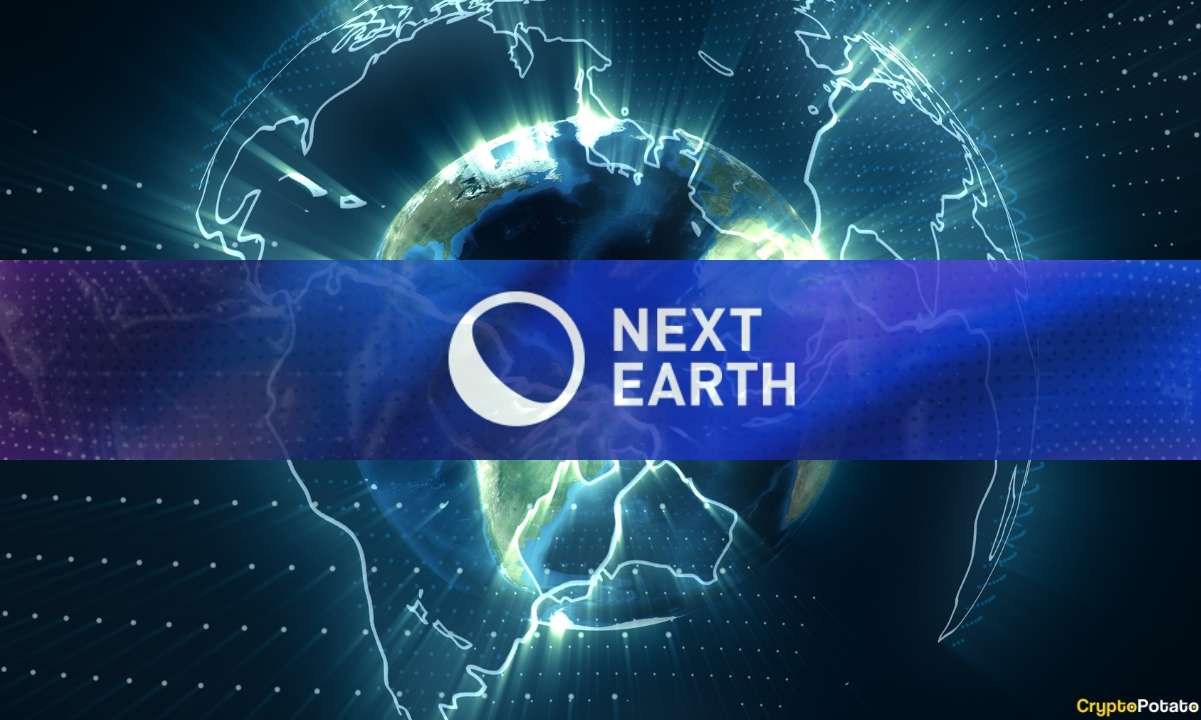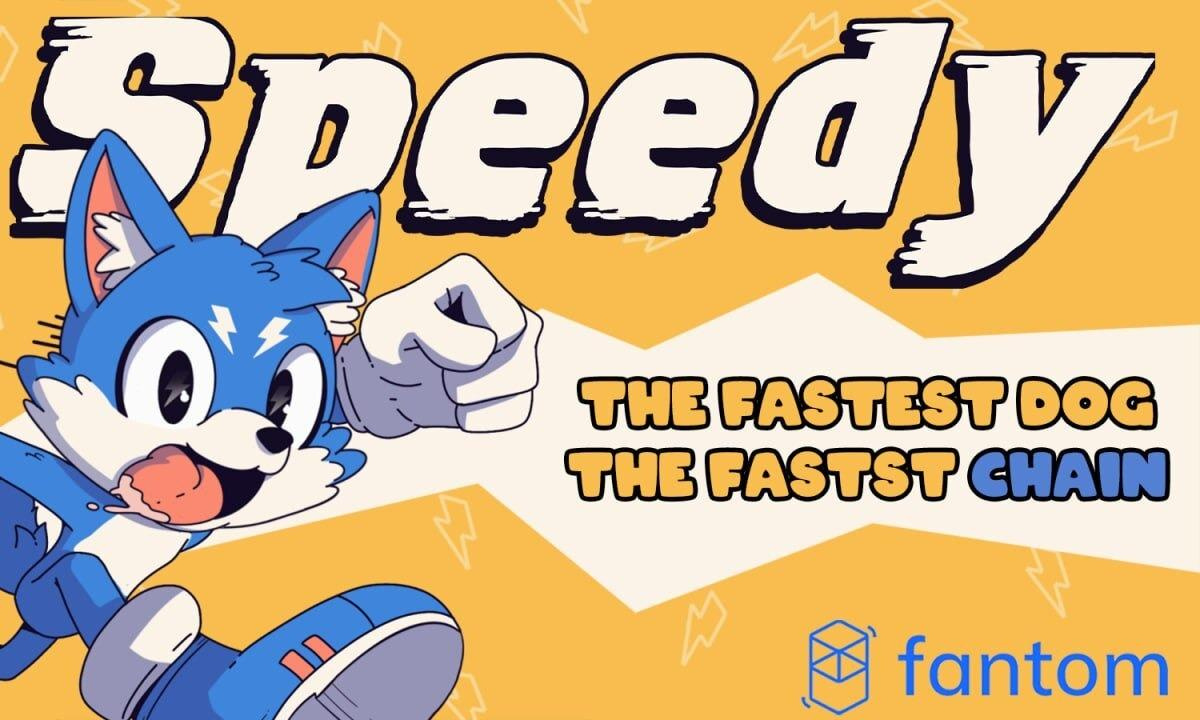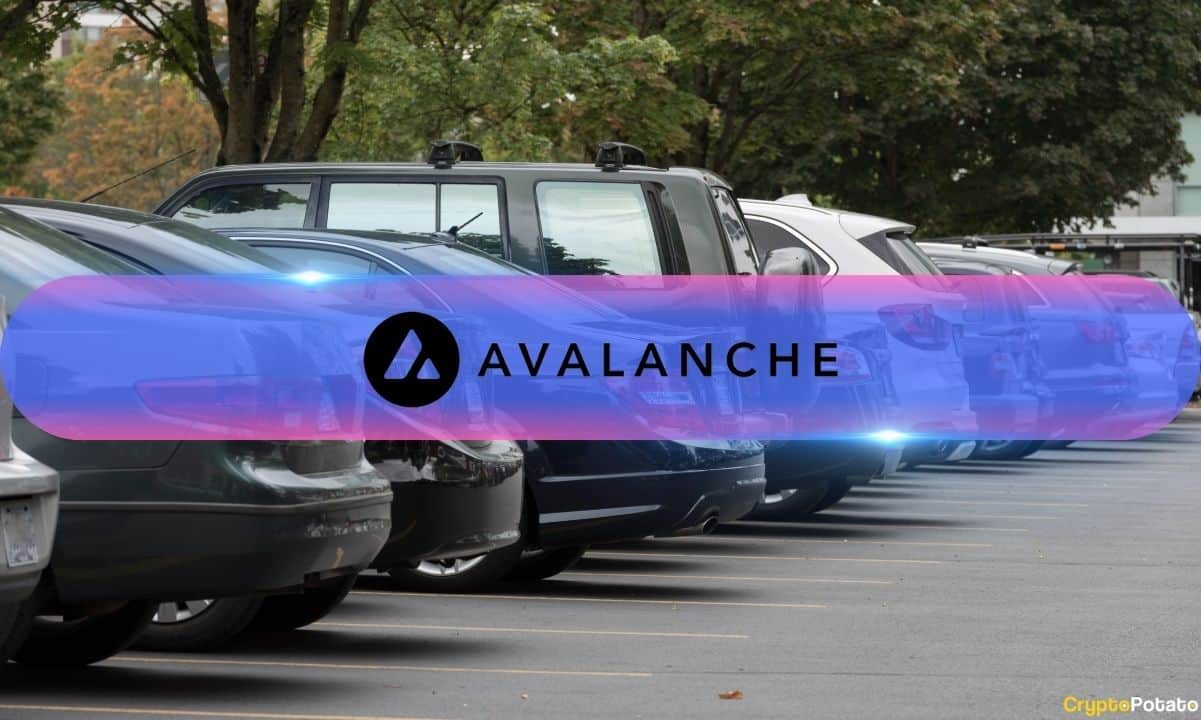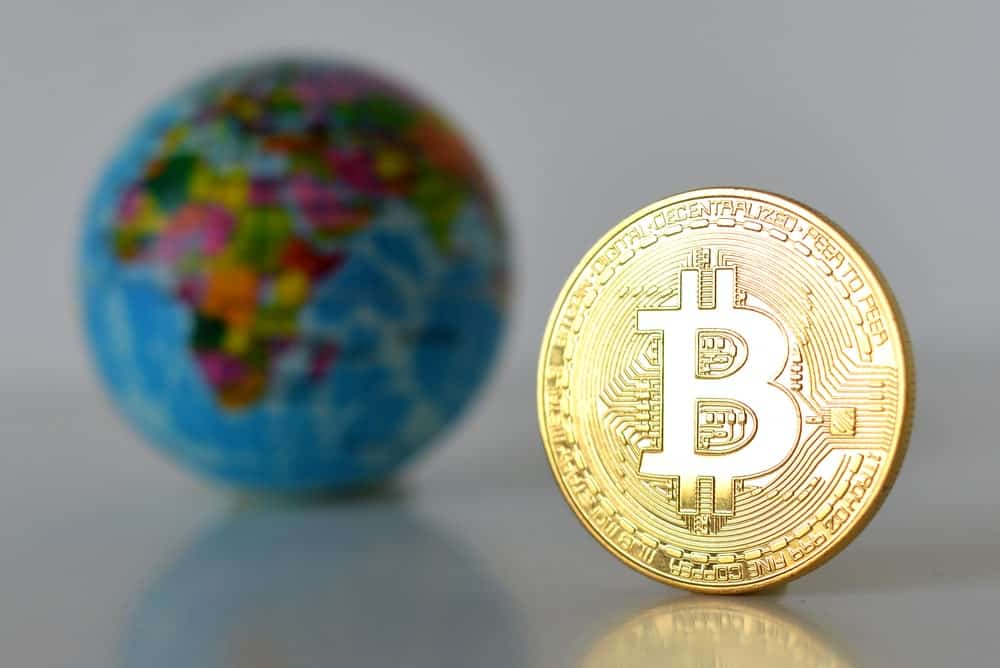Earth-Based Metaverse Coming to Reality, Powered by NFTs (Next Earth CEO Interview)
The metaverse is no longer a buzzword and a concept – it’s becoming reality, albeit a virtual one. In a world that’s going digital with tremendous speed, where social interactions are being transferred through the Internet, blockchain-based technologies shine bright.
The idea of owning digital land is no longer a make-belief but one that many people acknowledged and accepted. The power of non-fungible tokens (NFTs) has had its impact on the nascent industry, and Next Earth is leveraging it to create a platform that allows users to purchase, develop, and sell virtual land that’s mapped right on to our planet Earth.
CryptoPotato chats with Next Earth CEO Gábor Rétfalvi on his foray into blockchain, what makes their platform stand out, and what are the challenges they have to face.

Can you tell us how did you get into crypto and why did you decide to stay and build?
In February 2021, I was talking to two friends who showed me the Earth2 project. As a businessman, I immediately saw its potential, but I couldn’t understand why it wasn’t blockchain-based.
I always say be one of the first ones, but never be the first one. This way, you spot promising projects. Once you’ve examined them and corrected their mistakes, you can think ahead and come up with a market-changing new solution.
We have looked closely at Earth2 and have seen that the evolution of the crypto market (DeFi, NFT) has brought the technology to ‘blockchainize’ this business. As there were no technical obstacles, we started the development and launched the project live in July.
As a measure of the project’s strength, in 10 months, we have more than 240 000 users and 45 000 landowners, which means more landowners on the platform than in the two big metaverse projects combined.
When was the first time you heard about NFTs?
Basically, right after I started looking for a technical solution on how we can do the Earth-based Metaverse. Actually, if I remember right, the first time when I directly heard about NFTs was from a Gary Vee video on Youtube.
Please tell us more about Next Earth – the project you’re spearheading. What are you guys building?
Next Earth is a blockchain metaverse that enables the creation of communities derived from non-fungible tokens (NFTs) of real Earth properties. In Next Earth’s blockchain-based system, users can own land as NFTs, which means that only those who “mint” it, that is, buy it and make it NFT, can own it.
The idea of Next Earth is simple but profound: to create a digital replica of our planet that people can use to buy and sell land, just like in the real world. The map is divided into small tiles, each of which represents a location on Earth. You can buy and sell these tiles just like you would buy and sell real estate.
Our environment is based on four pillars: The platform, where users can mint, buy and sell 10x10m tiles of virtual land. Our second pillar is the land, as the platform is based on land ownership. The third pillar is our native currency, NXTT, and lastly, the Platform as a Service (PaaS) model.
Our aim is to provide Next Earth with a real use case for users, so Next Earth has grown into a complex “Platform as a Service” model. This means that we are creating a web3 economic ecosystem where any external entity – whether a crypto provider, a large multinational company or a member of the community – can create a web3 business.
Perhaps best of all, Next Earth is community-driven. The project can fund its business through the community on the Next Earth launchpad. Users are the biggest winners because they can monetize themselves while using the services/products of an entity that they are also owners of. This creates a triple-win situation where the platform provides an infrastructure in exchange for an immediate allocation from each transaction in a traceable way.

How is Next Earth different than other Metaverse land-related projects?
Next Earth is the first metaverse ecosystem that seeks to democratize the metaverse and make the world a more connected place. Our goal is to create a more sustainable and decentralized version of the internet, where users can interact with each other without centralized authorities.
Next Earth is not just about owning the land, we aim to make it useful to users in the real world by extending the metaverse and bridging it to the real world. It acts both as its own metaverse (built as a replica of the Earth) and as a middleware layer for anyone to connect and develop their own metaverse with our technology.
By giving people the tools to create their virtual world, we believe we can inspire a new generation of creators and innovators who will define the future of the metaverse.
What’s the purpose of the NXTT token?
The Next Earth token – NXTT- is central to everything the company does. All Platform Fees, Rewards, land purchases, and marketplace sales will be done in NXTT in the future.
With the introduction of the NXTT token, we have taken a fundamental evolutionary step towards our goal of creating a fully self-sustaining digital ecosystem that can deliver real results for the environment and society.
Climate change is an existential challenge that I believe must be addressed through innovative thinking and new uses of technology. With this project, we have the opportunity not only to capitalize on our efforts but also to donate to important causes from the very beginning, which is something we are doing; for every piece of land we sell, 10% of the purchase price goes into a charity pool used to fund charitable initiatives. Currently, we have four dedicated partner organizations: The Ocean Cleanup, Amazon Watch, Kiss the Ground, SEE Turtles.
On Next Earth, businesses can provide services to landowners and use NXTT as the main token for transactions and incentives for their services. Every service provider and launchpad project incorporates NXTT in their business model, ensuring utility. This is where our token fits into our PaaS model: every new partner will provide additional utility to NXTT, building up the entire economy.
What can the Next Earth community look forward to in the near-term future?
First of all, we will have a double birthday party. On the 23rd of July was our first pack sale release, and the main birthday we celebrate is the actual launch of the map on the 17th of August.
Next to this, we also plan to finalize the first major stage of IT development, with Dynamic NFTs and the API layer, around October, and from that on, we can focus on Growth.
So these upcoming few months will be a game-changer when we grow up as a business to the next level and can start expanding.
If you could sum it up and put it in simple terms – what is it that you are most excited about Next Earth?
Community, NXTT, crypto, web3, charity, and giving a new type of narrative to the future entrepreneur generations.
Could you tell us about the roadmap?
The IT team has been realigned and now has a clear vision of Next Earth’s development goals. Now that our hurdles are over, we look forward to releasing these developments to our beloved community. From this point forward, we make no other promises than to deliver.
The four focus areas where we will be making improvements are Core Platform, Land features upgrade, NXTT, and PaaS (Platform-as-a-Service).
We have made significant progress in each of these areas and are confident that we can deliver a far better experience for our users, and we hope that our community will be as excited about these improvements as we are.
NXTT is on a rally during a bear market, what makes your token special?
The token’s performance reflects the strength of the token architecture and our community. While the entire market is bleeding, NXTT is still green and holding strong compared to our launch price in January.
We are still at double the price even compared to the “worst” pre-sale price, while MATIC is down more than 80% since our launch… Our token is special because we are focusing on gradually releasing new utilities and new ways for others to add utility to NXTT, as well as supporting the building of this ecosystem through the NXTT Fund we announced earlier this year, which will be launched in the upcoming months.








